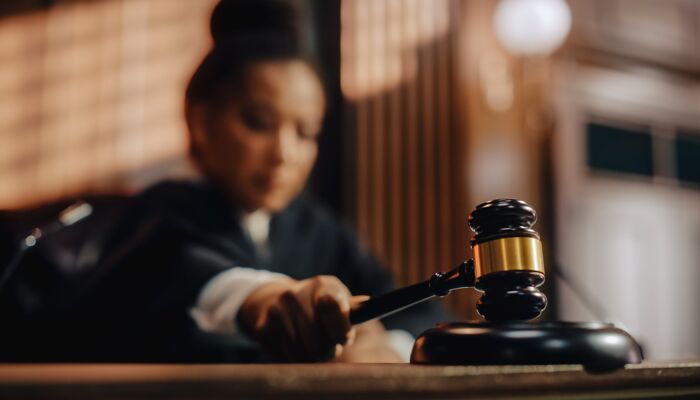
After a six-year legal battle, an Indigenous transgender woman from Canada who was discriminated against by a waxing salon will be awarded $35,000 in legal damages, the Human Rights Tribunal of Ontario said.
“This decision brings me some peace. It helps tell the story of the discrimination I faced and the steps taken to escalate that discrimination and harassment against me,” said the woman, who is referred to as A.B., in a media release to CBC.
Related
A dispute over waxing services highlights the problem of prioritizing civil rights protections
A trans woman says a waxing salon in Ontario discriminated against her, but the owner says the complaint isn’t that simple.
“The respondents shall pay to the applicant the sum of $35,000 as compensation for infringement of the Code,” Human Rights Tribunal of Ontario Vice-chair Karen Dawson said, referring to the 1990 Canadian Human Rights Code.
Global perspectives delivered right to your inbox
Our newsletter bridges borders to bring you LGBTQ+ news from around the world.
Subscribe to our Newsletter today
Additionally, an undisclosed amount in interest will be paid, calculated from the start of this case on March 17, 2018. More interest may be paid if the respondents to the human rights claim fail to pay within 30 days.
The legal battle started in 2018 when the woman was discriminated against by the waxing salon Mad Wax. She said she wanted leg wax but was turned away because the only available staff, a Muslim woman, refused to wax people assigned male at birth, citing her religious beliefs.
The situation escalated to the owner of the salon, Jason Carruthers. Carruthers then incorrectly assumed A.B. wanted a Brazilian wax, a type of waxing that removes pubic hair from around the genitals and the anus, and repeatedly misgendered her and claimed she had a penis.
He then told her that no one would be comfortable performing the procedure on “someone like you.”
Carruthers falsely claimed that A.B. wanted to start a “media circus” and that a private video posted on Facebook where A.B. told members of her organization not to seek services from Mad Wax was the start of this “circus.”
Carruthers went to the media himself, providing A.B.’s full legal name and contact information without her consent. He said he thought it was the “best thing to do” in order to get “both sides out there.”
“The applicant’s evidence about the telephone call was clear and consistent throughout her testimony,” Dawson wrote. “By contrast, as noted above, the individual respondent’s evidence changed on key points when challenged on cross-examination. For these reasons, where their evidence differs, I prefer the evidence of the applicant.”
This media campaign led to public harassment and speculation about A.B.’s transition, something she was not comfortable being out to the public
Carruthers said that the ruling was “unjust,” that he was “shocked by the awarded amount as a small business owner,” and deferred additional comment to his attorney.
Carruthers’s lawyer, Raymond Colautti, filed an application for judicial review in an attempt to appeal the ruling. He said that it is “deeply flawed and must be set aside.”
A.B.’s legal counsel, lawyers with the Human Rights Legal Support Centre (HRLSC), believe that the review won’t change the final outcome.
One of her lawyers, Megan Evans Maxwell, said, “We feel this is an incredibly significant case for trans people and we really do think that this is a move in the right direction.”